In recent years, the rise of gaming companies has been accompanied by a troubling increase in toxicity and harassment within online gaming communities. This issue is not only a global concern but particularly relevant to New Zealand, where the gaming industry is burgeoning and becoming a significant contributor to the economy. According to a report by the New Zealand Game Developers Association, the industry generated over NZD 276 million in 2022, reflecting a 47% year-on-year growth. However, with growth comes responsibility, and addressing toxicity is critical for sustaining this momentum.
Understanding the Problem: Toxicity and Harassment in Gaming
The anonymity afforded by online gaming platforms often emboldens individuals to engage in toxic behavior, including harassment, hate speech, and cyberbullying. This not only affects the gaming experience but also impacts mental health and community dynamics. New Zealand's gaming sector, like its global counterparts, is grappling with how to create safer, more inclusive environments.
Comparative Analysis: Global Strategies to Combat Toxicity
Globally, gaming companies have adopted a variety of strategies to mitigate toxicity. Riot Games, for instance, utilizes machine learning algorithms to detect and sanction toxic behavior in real-time. Similarly, Epic Games has implemented strict community guidelines and reporting mechanisms to empower players to report harassment.
In New Zealand, companies like Grinding Gear Games are taking proactive steps. They've introduced community moderation tools and partnered with mental health organizations to support affected players. These efforts are crucial not only for player retention but also for attracting global talent to New Zealand's growing gaming industry.
Pros and Cons of Current Approaches
Pros:
- Improved User Experience: By reducing toxicity, companies enhance the overall gaming experience, leading to higher player retention.
- Community Building: Safe environments foster community building and engagement, crucial for long-term success.
- Reputation Management: Companies that actively combat toxicity enhance their reputation and brand value.
Cons:
- Resource Intensive: Implementing and maintaining anti-toxicity measures can be costly and resource-intensive.
- Privacy Concerns: Monitoring player behavior raises privacy issues, potentially leading to legal challenges.
- Effectiveness Variability: The success of these measures can vary significantly based on the game's community and culture.
Case Study: Riot Games – Pioneering Real-Time Toxicity Mitigation
Case Study: Riot Games – Addressing Toxicity with Technology
Problem: Riot Games, a leading player in the gaming industry, faced significant challenges with toxicity in their flagship game, League of Legends. The company struggled with maintaining a positive gaming environment, as toxic behavior led to a negative impact on player retention and engagement.
Action: To tackle this issue, Riot Games implemented a sophisticated machine learning system designed to detect and address toxic behavior in real-time. This system uses natural language processing to analyze chat interactions and applies penalties to players exhibiting toxic behavior.
Result: In the first year of implementation, Riot Games reported a 30% reduction in toxic behavior, leading to a 15% increase in player retention and a significant improvement in community sentiment.
Takeaway: This case study demonstrates the effectiveness of leveraging technology in combating toxicity. New Zealand gaming companies can adopt similar approaches, using AI-driven solutions to create safer gaming environments and enhance player satisfaction.
Debunking Common Myths about Gaming Toxicity
Myth: "Toxicity is inevitable in competitive environments."
Reality: While competition can lead to heightened emotions, studies show that structured community guidelines and effective moderation can significantly reduce toxic behavior.
Myth: "Only large gaming companies can afford anti-toxicity measures."
Reality: With the advent of open-source tools and community-driven initiatives, even smaller companies can implement effective anti-toxicity strategies.
Myth: "Toxic behavior is only a player's issue."
Reality: Toxicity affects the entire gaming ecosystem, from developers to community managers, and requires a collective effort to address.
Future Trends and Predictions in Gaming and Toxicity Management
As the gaming industry continues to evolve, the management of toxicity will likely see significant advancements. According to a report by Deloitte, the integration of AI and machine learning in gaming is expected to grow by 30% by 2026, with a significant portion dedicated to moderating and enhancing player interactions. This evolution will likely be mirrored in New Zealand, where local companies are increasingly investing in technology to improve the gaming experience.
Conclusion: Navigating the Future of Gaming in New Zealand
In conclusion, addressing toxicity and harassment in gaming is not just a moral imperative but a business necessity. New Zealand's gaming industry, poised for continued growth, must prioritize creating inclusive and safe gaming environments. By leveraging technology and fostering community collaboration, Kiwi gaming companies can set a global standard for player experience.
Ready to explore more about New Zealand's gaming industry? Join our discussion below or share this article with your network to spread awareness!
People Also Ask
- How does toxicity impact the gaming industry in New Zealand? Toxicity can lead to decreased player retention and a negative brand image, affecting revenue and growth potential for Kiwi gaming companies.
- What strategies are effective in reducing gaming toxicity? Implementing AI-driven moderation, establishing clear community guidelines, and fostering player involvement in reporting are proven strategies.
- What are the future prospects for gaming companies in New Zealand? With technological advancements and a growing focus on community health, New Zealand's gaming industry is poised for sustainable growth and innovation.
Related Search Queries
- Gaming industry trends in New Zealand
- How to combat toxicity in online gaming
- Impact of AI on gaming communities
- New Zealand game development companies
- Future of gaming in New Zealand





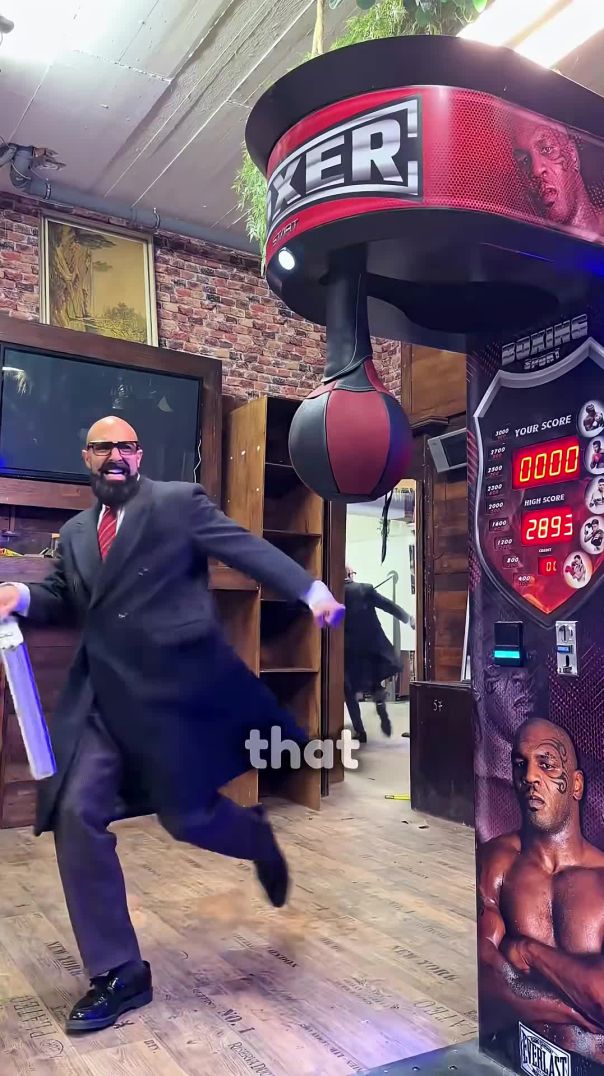

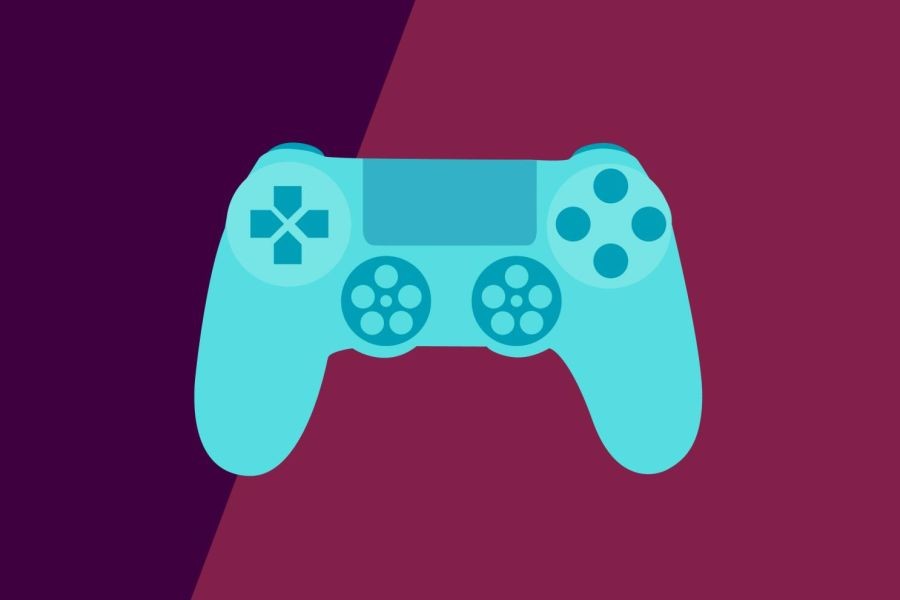


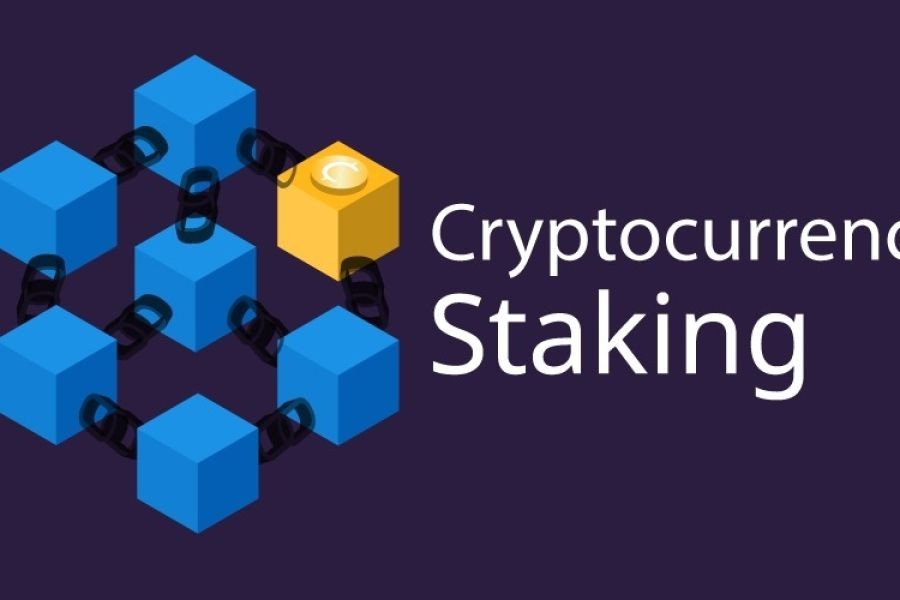








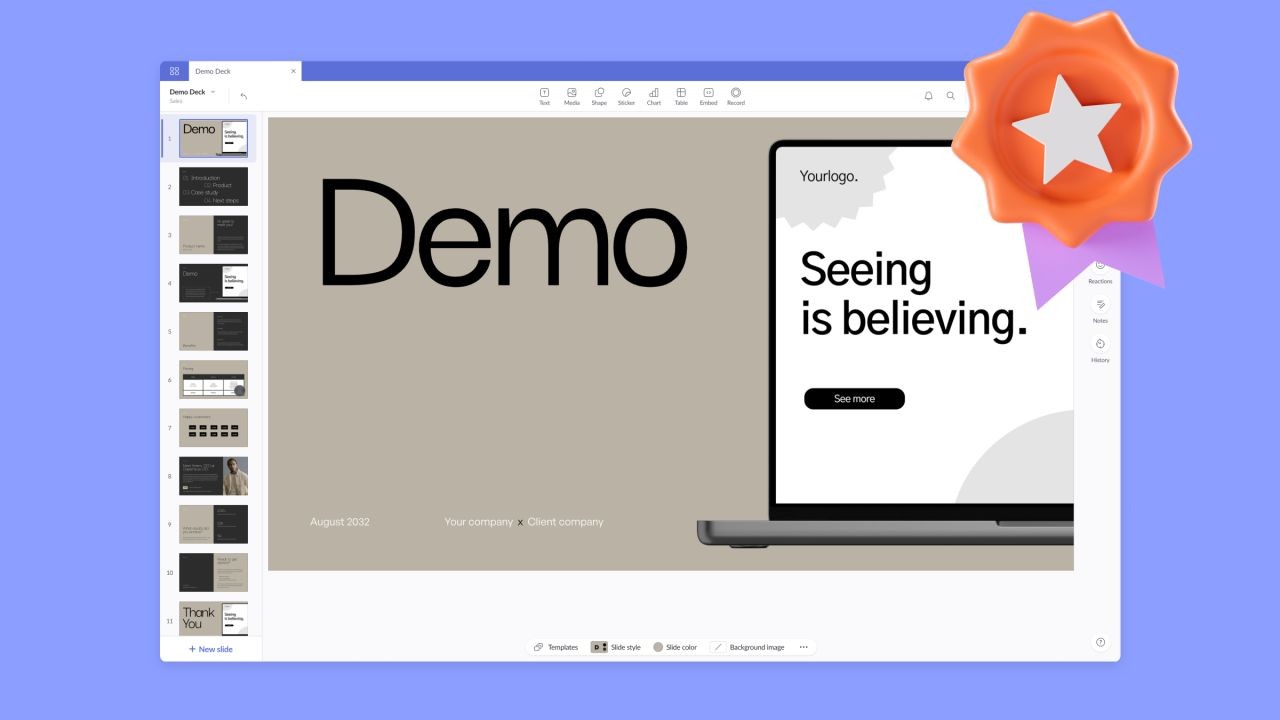


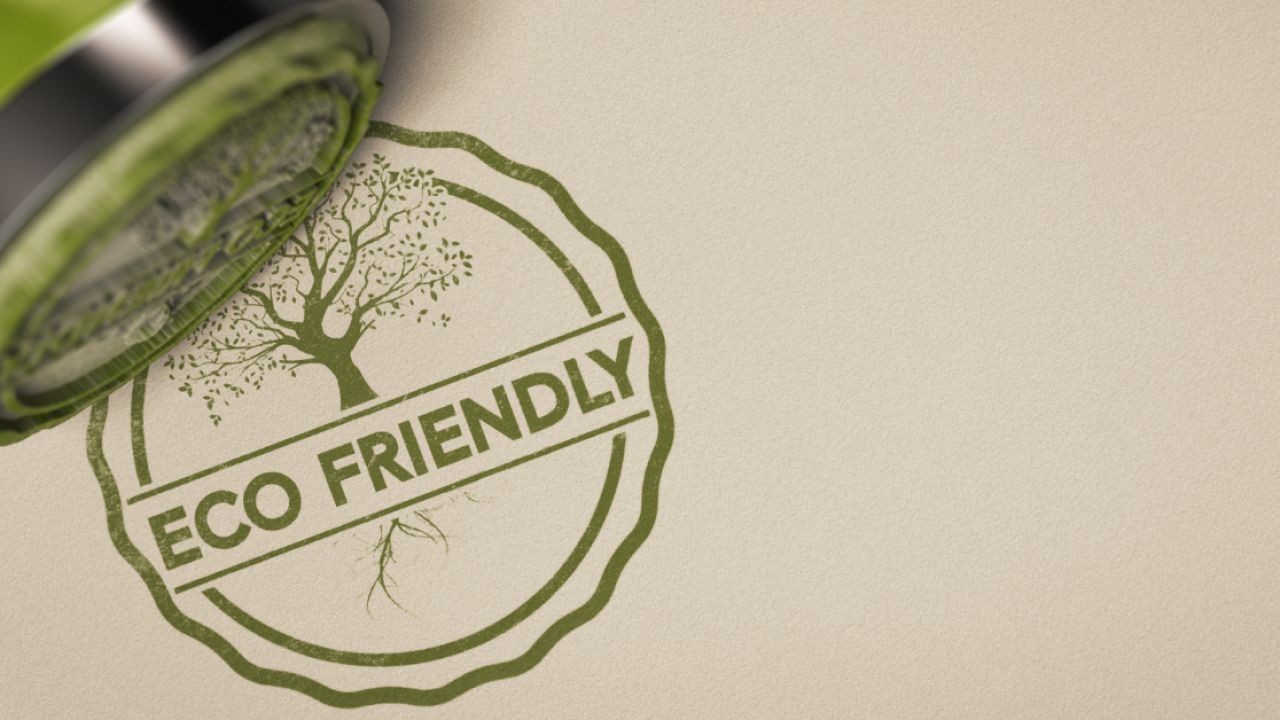











Test Champs
7 months ago